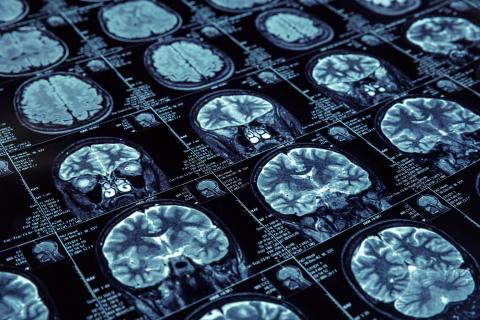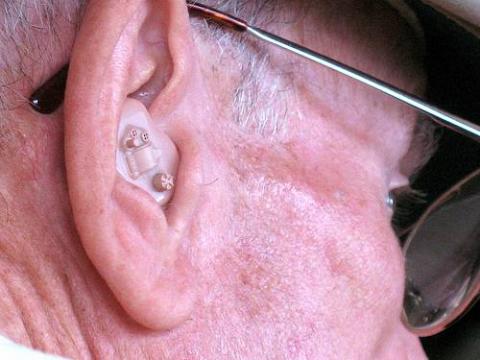Reactions: Use of antipsychotics for dementia associated with more harm than previously thought, study finds
According to a study published today by The BMJ, people with dementia who are treated with antipsychotics are at increased risk of serious adverse events such as stroke, blood clots, myocardial infarction, heart failure, fractures, pneumonia, and acute kidney injury, compared with those who do not take them, . These findings extend the harms previously associated with the use of these drugs on these patients.

Tom Russ - Antipsicoticos demencia EN
Tom Russ
Reader in Old Age Psychiatry and honorary Consultant Psychiatrist, University of Edinburgh
Desde hace tiempo sabemos que hay riesgos asociados con el uso de medicamentos antipsicóticos en personas con demencia y la mejor práctica es que los posibles riesgos siempre deben sopesarse con la gravedad de los síntomas que está experimentando la persona y los posibles beneficios de usar el medicamento. Al igual que con cualquier medicamento, la prescripción debe ser considerada en colaboración con la propia persona y su familia, a quienes se les debe proporcionar suficiente información para tomar una decisión.
Este estudio útil proporciona información de muy alta calidad sobre los riesgos de estos medicamentos para tener información sobre estas discusiones. Como alguien que trabaja con personas con demencia en una sala de admisión aguda en un hospital psiquiátrico, este estudio no me sugiere que estos medicamentos nunca deban ser usados, pero deben ser utilizados con moderación en situaciones donde se hayan explorado otras opciones (atención al dolor, salud general, intervenciones psicosociales incluyendo el modelo de Newcastle y terapias artísticas, así como otros medicamentos).
Robert Howard - Antipsicóticos demencia EN
Robert Howard
Professor of Old Age Psychiatry, UCL Division of Psychiatry, UCL
Antipsychotic drugs are used to treat severely agitated behaviour and distressing delusions and hallucinations in people with dementia when non-drug treatments have been tried and found to be unhelpful. We aim to use the drugs in as few people with dementia as possible and, when we do use them, this should be at the lowest doses and for the shortest times. Although we have been aware of the potential dangers of treatment for many years, this study highlights that risks of pneumonia, bone fractures and stroke are particularly raised when people with dementia are treated with an antipsychotic drug.
The study couldn’t exclude reverse causality – where the presence of a physical illness like pneumonia might lead to delirium which could then be treated with an antipsychotic drug – but all of us who prescribe in this situation should be mindful of the risks of treatment. Initiation of these drugs in people with dementia should only ever be under specialist supervision, with involvement of patients and family members in informed discussion and review.
Charles Marshall - Antipsicóticos demencia EN
Charles Marshall
Professor of Clinical Neurology, Queen Mary University of London
This evidence should prompt renewed efforts to reduce the prescribing of antipsychotics to people living with dementia. There are rare circumstances where antipsychotics are genuinely required, and the benefits outweigh these risks, but for the majority of patients with behavioural symptoms that might lead to them being prescribed antipsychotics, we should be focussing on much safer behavioural management approaches. The problem is that this type of intervention is quite expensive and resource-intensive. There is a risk therefore that patients might be prescribed harmful antipsychotics simply because trained staff who can safely manage their behaviour are not sufficiently available.
Mok et al.
- Research article
- Peer reviewed
- Observational study
- People



